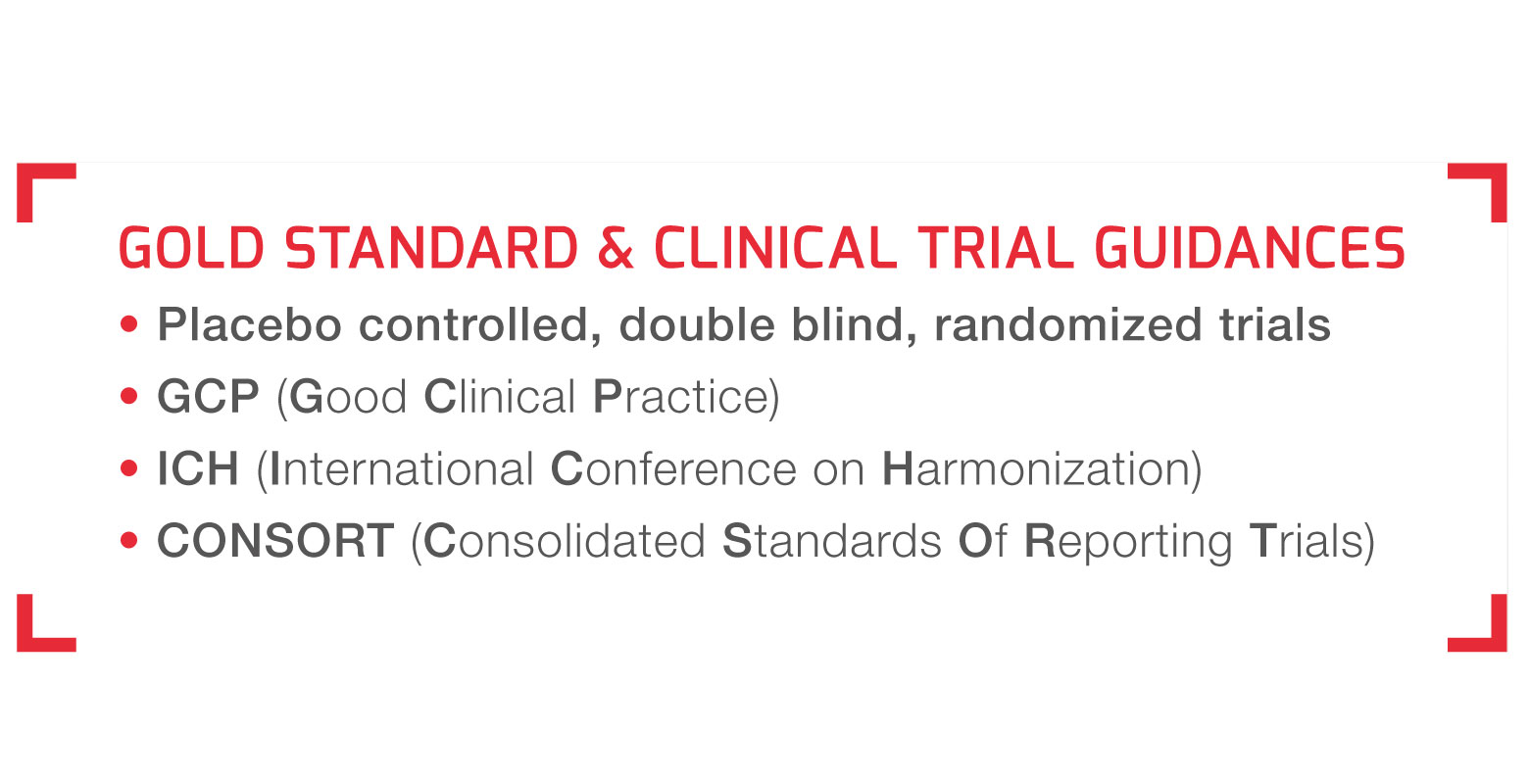From in vitro and in vivo models to clinical studies
Supported by more than 80 years of expertise in the probiotics field, Lallemand Health Solutions (LHS) has always considered Research & Development as a fundamental value from the very beginning.
In vitro research program: Promoting probiotic strain identification & characterization
The LHS in vitro research program is conducted in-house in our Montreal laboratories. First dedicated to the characterization of LHS strains and the development and validation of new analytical methods dedicated to probiotics, LHS research scientists are also interested in understanding the host-microbes interactions and studying the modulation of the microbiota.
Strain characterization & safety
- Physiology, resistance to gastric acidity & bile
- Whole genome sequencing and analysis
- 2D-gel proteomics
- Antibiotic resistance genes, the presence of mobile elements
Development of analytical methods
- Flow cytometry (bacterial quantification)
- Viability assessment
- Pathogens and contaminant detection
Host-microbe interactions
- Human epithelial cells (intestinal, vaginal, lung) screening models
- Gene expression and protein markers quantification using custom-designed microarrays and RNA sequencing technology
Ex vivo microbiome
- Impact of external factors and probiotics on the microbiota
In vivo research program
Understanding probiotic strain modes of action
Conducted either in–house or in close relationship with external scientific partners, LHS in vivo research program is aimed at increasing the knowledge of our probiotic strains (safety, modes of action), selecting strains for upcoming human studies as well as helping in the explanation of clinical trial results.
Strain safety
Toxicological rodent studies: 90 days, OECD guidelines
In vivo screening models
Examples of models already used:
Caenorhabditis elegans: fat accumulation, neurodegenerative disease assays
In vivo models for mechanistic studies
Examples of models already used:
- Brain-gut axis/stress models: post-myocardial infarction depression model, conditioned defensive burying test, social defeat model, pathogen or chemical-challenge model, maternal separation model
- Gastro-intestinal health: TNBS-induced colitis, model of colorectal cancer induced by DMH, Helicobacter pylori infection model, colonic distension model, propulsion model
- Natural defenses (immunity): TH1 and TH2 models of infection
- Women’s health/oral health: Candida albicans challenge model
- Metabolic syndrome: non-obese diabetes model (Type-1 diabetes), ob/ob mice, high-fat diet model
Clinical research program – Conducting high quality human clinical trials
Collaborating with dedicated experts in clinical research, LHS participates in sponsor-initiated, client-initiated and investigator-initiated studies on LHS’ single or combined probiotic strains. Pioneer in studying probiotics for the Brain-Gut Axis, LHS always looks for innovative areas of research.
Clinical program platforms
- Gastrointestinal health: irritable bowel syndrome (IBS), traveler’s diarrhea, gastroenteritis, antibiotic-associated diarrhea
- Brain-gut axis: stress, mood
- Natural defenses (immunity): cold & flu, immune parameters
- Metabolic syndrome: weight loss/management, cholesterol
- Safety: dosing, adverse events, serious adverse events
- Oral health: dental caries, gingivitis, halitosis
- Women’s health: bacterial vaginosis, candidiasis
- Analysis of complex matrices: quantitative PCR (qPCR), detection of target bacteria in clinical study samples

